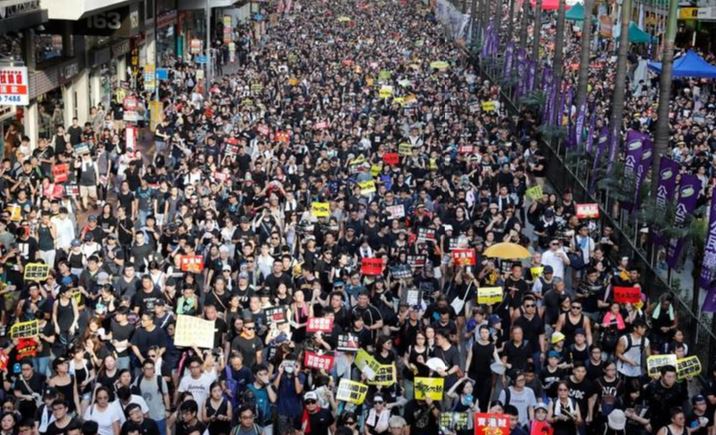×
The Standard e-Paper
Stay Informed, Even Offline

The signing of the Hong Kong Human Rights and Democracy Act by President Donald Trump is seen as a major violation and interference of China’s internal affairs, given the fact that the Special Administrative Region is part of the People's Republic of China.
In inking the new law, it means a US president will be required to annually review the city’s favorable trade status with powers to revoke it if the semi-autonomous territory’s freedoms are quashed.